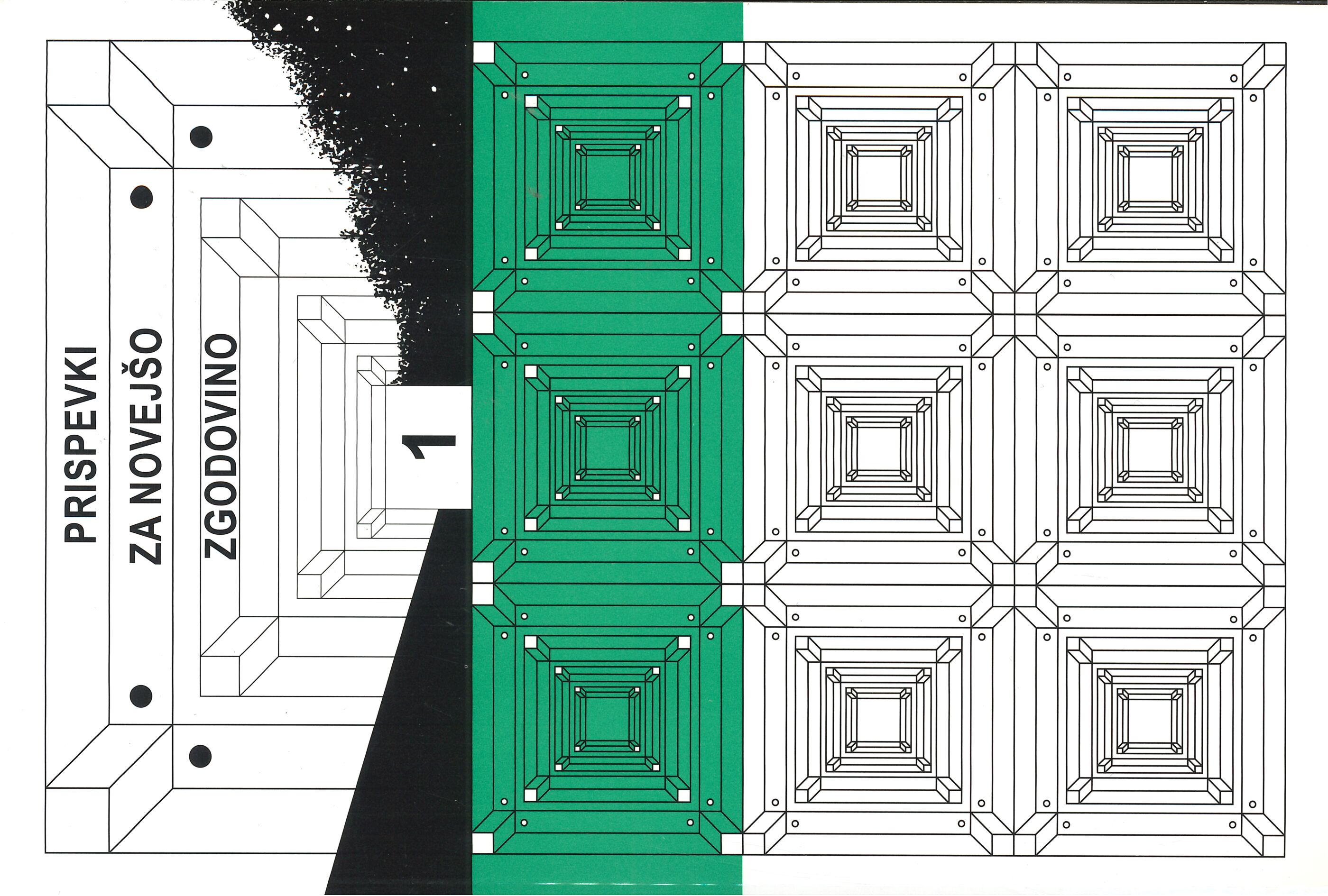The Questions of the Relationship, Democratisation and Political Pluralisation in Slovenia in the Austrian Constitutional Period
Keywords:
Styria, Carinthia, Carniola, Goriška, Istria, Prekmurje, Venetian Slovenia, Austro–Hungary, political history, democracy, nationalismAbstract
The author carries out a comparative analysis of all three phenomena of the Austrian constitutional period in Slovenia in light of the developing nationalisms. After the restoration of the constitutional life, Styria became the leading region in the Slovenian politics, and after the relocation of the Slovenski narod newspaper to Ljubljana Carniola took the lead. After the dissolution of unity in Carniola in the beginning of the 1890s, the Styrian politics, due to the stronger German pressure, kept insisting on unity for over a decade. In the Goriška region the situation was similar to that in Styria, only that here the Italians played the leading role, while the position of the Slovenian population in Istria (and Trieste) was substantially worse. In Carinthia the Slovenian national development was, in many aspects, inferior to Carniola, Styria or Goriška. Nationalism was far slower to affirm itself among the »Slovenians« on the left bank of the river Mura as among those on the right bank. The situation was similar in case of the Venetian »Slovenians«, who, during this period, lived under the Italian authority.
Downloads
Published
Issue
Section
License
Authors who publish with this journal agree to the following terms:
- Authors retain copyright and grant the journal right of first publication with the work simultaneously licensed under a Creative Commons Attribution License that allows others to share the work with an acknowledgement of the work's authorship and initial publication in this journal.
- Authors are able to enter into separate, additional contractual arrangements for the non-exclusive distribution of the journal's published version of the work (e.g., post it to an institutional repository or publish it in a book), with an acknowledgement of its initial publication in this journal.
- Authors are permitted and encouraged to post their work online (e.g., in institutional repositories or on their website) prior to and during the submission process, as it can lead to productive exchanges, as well as earlier and greater citation of published work (See The Effect of Open Access).


